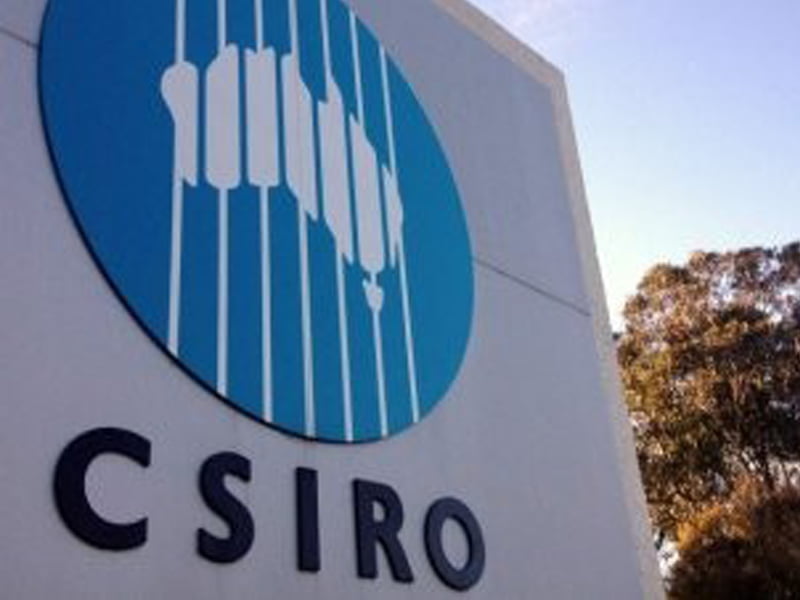The CSIRO’s data branch Data61 was paid nearly $150,000 for its work on the government’s much-maligned RoboDebt program across three separate contracts, according to questions on notice from the May Senate Estimates hearings.
Shadow innovation minister Kim Carr had questioned CSIRO executive director Dr Dave Williams over Data61’s work with the Department of Human Services on Centrelink’s Online Compliance System.
Dr Williams confirmed the organisation had been called to work on the program, but revealed little other information. But in answer to a question on notice, the Industry department has released further details on how deeply it was involved with the reinvention of the trouble-plagued RoboDebt scheme.

DHS first approached Data61 at the end of January to work on its Online Compliance System, which at the time was at the centre of a media storm over its issuing of incorrect debt notices to thousands of Australian welfare recipients.
This saw Data61 enter into three separate contracts, worth a total of $145,200, with the DHS to work on the project across the first half of this year.
The first contract, which saw Data61 paid $46,200, involved a “retrospective analysis” of the design and implementation of the RoboDebt system, along with suggested possible improvements to the system.
This work took place across four days at the end of January this year.
The second contract, worth $55,000, saw Data61 provide “technical advice” to DHS as it worked on building a prototype for a “possible new approach to selecting customers to enter the Online Compliance System”. This involved “joint analysis and validation” to assist with “refining the selection approach through technical advice, and attendance at meetings where necessary”.
Data61’s advice centred on “how to construct and validate data-driven models and make decisions under uncertainty”. The contract ran from two weeks from 14 March this year.
The third contract, which was for the exact same terms as the second, was worth $44,000 and took place from 8 May to 30 June this year.
The department has now confirmed that the CSIRO and Data61 are not currently in any other projects with the DHS.
The RoboDebt program has been slammed by a wide range of experts and the Opposition, along with reports from the Commonwealth Ombudsman and a Senate inquiry.
Following the feedback, the DHS has decided to continue with a planned expansion to the program, but to do away with sending automated “initial clarification letters” – widely interpreted as debt notices – and instead manually check this information first.
Data61’s evaluation report and advice to the department have not been revealed publicly.
The documents also offer an insight into the contract work that Data61 has been undertaking with various government departments. The organisation is believed to be on the verge of signing a contract with the Department of Social Services to assist with the government’s highly-controversial drug testing of new welfare recipients.
The government is planning to drug test up to 5,000 new welfare recipients across three trial locations starting from next year. The department wants Data61 to develop a “prediction system” to determine which sites the pilots should take place.
As revealed by InnovationAus.com, Data61 was sent the final contract for the project more than two months ago, but is still yet to sign on the dotted line. It’s believed this is due to determining the scope of the organisation’s involvement, rather than any reluctance with being involved with such a politically charged program.
The contract, and accompanying documents, released under a Freedom of Information request, were heavily redacted, with the details still not publicly released.
The welfare drug testing scheme may not even go ahead, with Labor last week announcing that it would not be supporting the legislation required for it to go ahead. This means the government will be scrambling to gain the votes of the cross bench for the drug testing scheme to go ahead.
Do you know more? Contact James Riley via Email.

